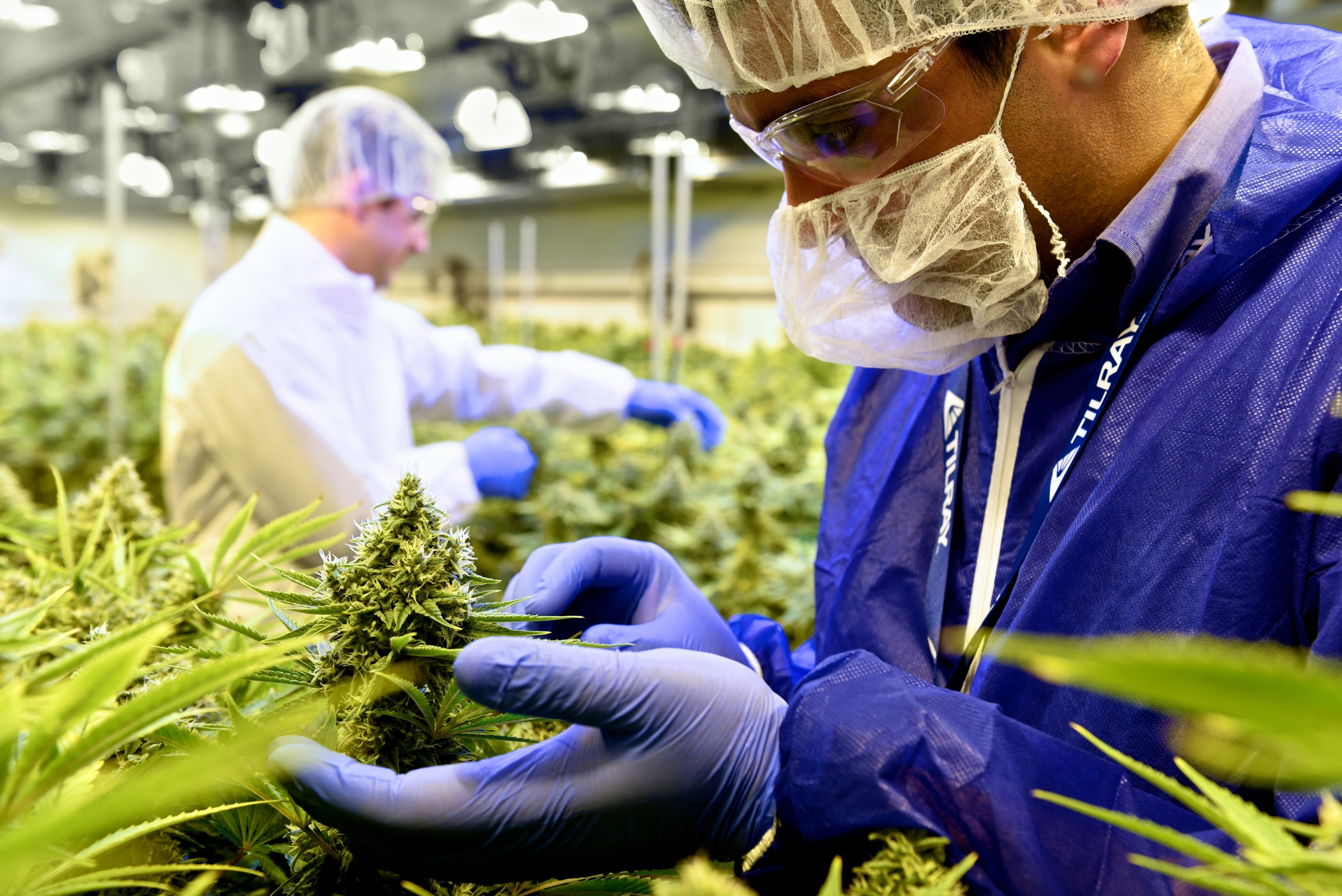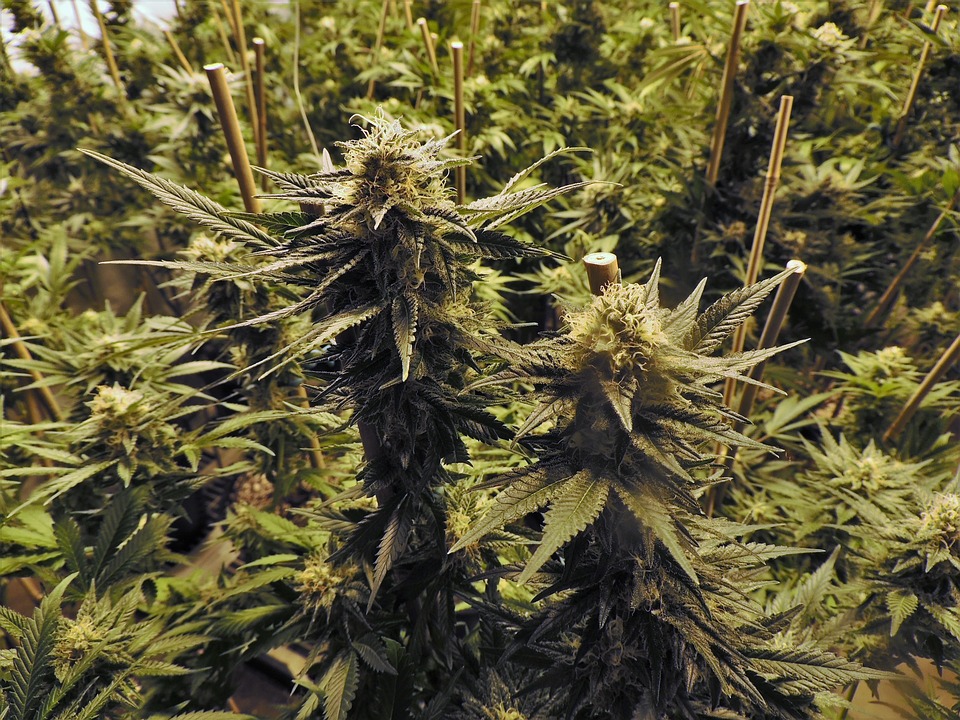
The NHS Legalizes Two Cannabis Based Medications

The NHS Legalizes Two Cannabis Based Medications
While the struggle for cannabis reform goes on in the United Kingdom, GW Pharmaceuticals is laughing all the way to the bank. At the beginning of the month, NICE (the friendly-sounding drugs advisory body) issued stringent and narrow guidelines for prescriptions of cannabinoid medication that sounded like they came from the last century.
Notably, NICE appeared only to issue guidelines for prescription of GW Pharma’s drugs – Epidiolex and Sativex. Also NICE specifically recommended that medical cannabis was not prescribed for chronic pain, any neurological condition outside of epilepsy, and both cancer and AIDS seem to be off the table, as well as conditions like glaucoma.
At least for now.
In a noted good development, GW is also now lowering the cost of the drugs, although total numbers of Lennox Gastaut and Dravet Syndrome patients (children) are just at the breakpoint for crossing over from “orphan” to mainstream drug.
Manufacturers are able to charge higher prices for orphan drugs because such drugs are not bought in bulk. There are about 8,000 children in the UK with these conditions. The treatment currently costs between ₤5-10,000 ($6-12,000) per patient per year.
That said, this is a narrow window of care. Many parents of children with epilepsy are importing drugs from the EU and Canada because Epidiolex either does not work as effectively or the effect tapers off. This amounts to thousands of pounds per month, per child.
Sativex will also be available, but only for MS patients. Previously the NHS had refused to cover the cost of the mouth spray (also very expensive), on the grounds that the cost was too high relative to the impact of the drug.
While the policy changes, in other words, benefit one company, it is likely that pressure groups, from patient lobbies to industry ones, will now have a basis to press forward for greater reform if not opening of the market.
But nothing comes fast here. In the meantime, British patients are indeed being tasked with keeping a “stiff upper lip,” when it comes to using cannabis to treat pain or indeed any other condition.
As with many things in the cannabis industry if not reform, there are frequently times when the hard-fought steps forward on acceptance of the plant as a drug take a few paces back too.
The British market is opening. But so far, those who must rely on public healthcare are being completely left out of the game when it comes to medical coverage for other conditions. Only 18 prescriptions have been issued so far in the last year per the NHS. A Freedom of Information Act request reveals that only 108 prescriptions have been processed privately.
It is estimated that 1.4 million Britons currently avail themselves of the black market to obtain their cannabis for conditions ranging from chronic pain to spasticity.
Share article


Share article
Join Our Awesome Community
Join Our Awesome Community
Join Our Awesome
Community
Get all the latest industry news
delivered to your inbox





